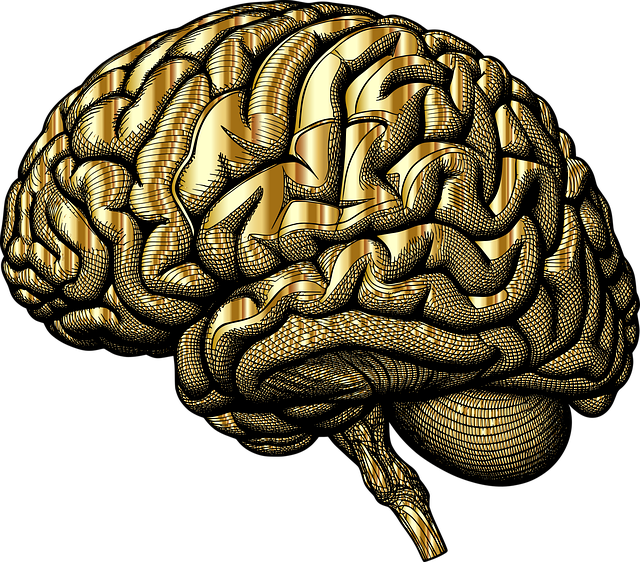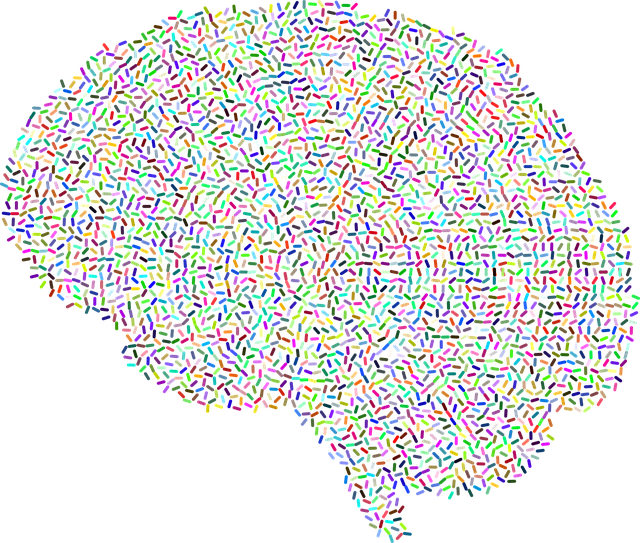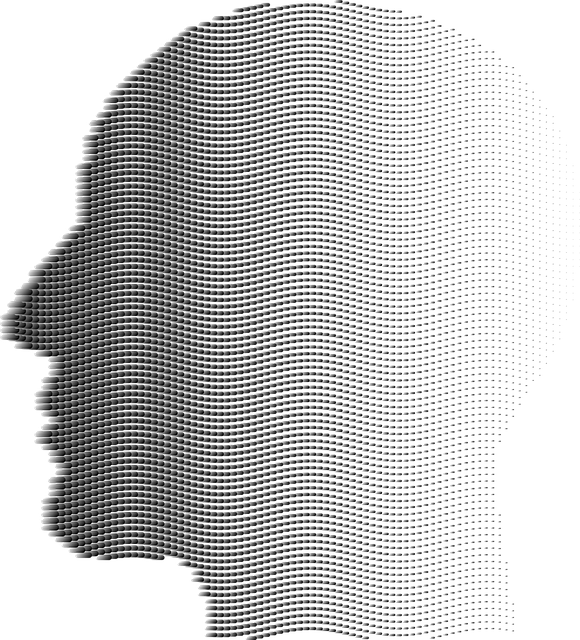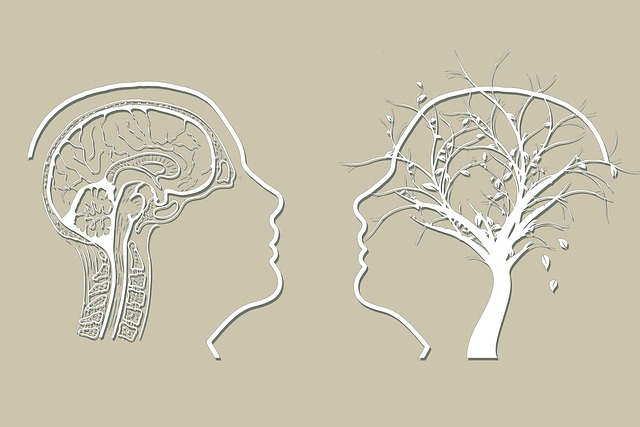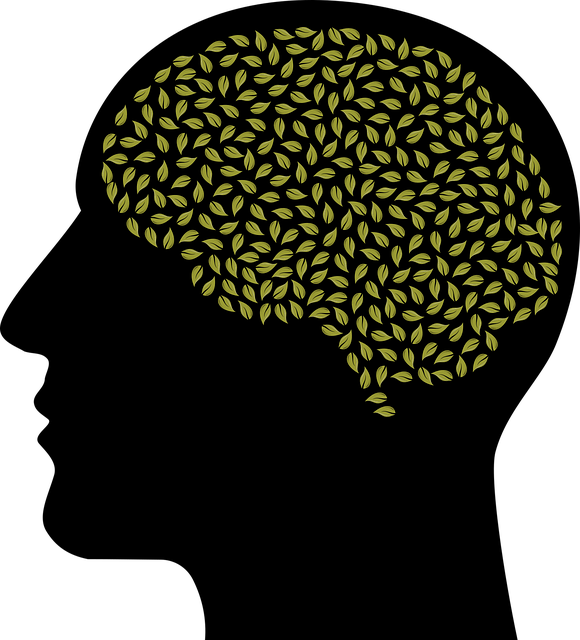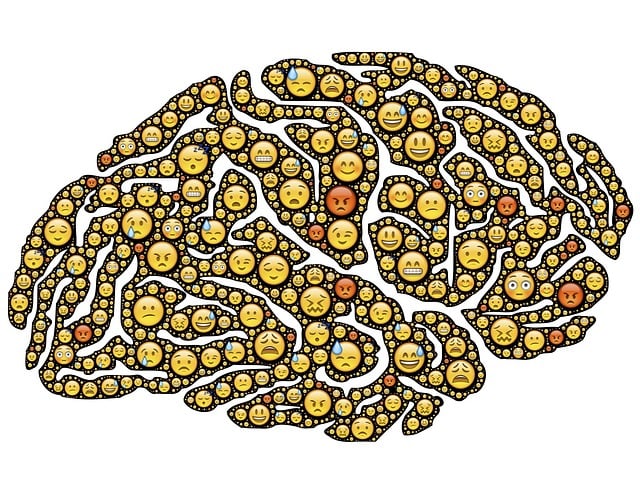Resilience, built through the RFM (Recovery, Flexibility, Mastery) framework, is a powerful tool for Hebrew-speaking individuals seeking therapy and improved mental wellness. This culturally sensitive approach combines mindfulness practices, group discussions on life transitions rooted in Hebrew traditions, and tailored resilience exercises to enhance emotional regulation and adaptability. By integrating RFM into daily routines, individuals can effectively manage stress, foster inner calm, and achieve a balanced life, making it an essential resource for their mental health journey.
“Unleash your inner strength with RFM—a transformative therapy gaining traction in the world of personal development. This article explores how RFM (Resilience, Flexibility, and Mastery) builds resilience, especially tailored for Hebrew-speaking individuals.
Discover effective exercises to enhance emotional agility and navigate life’s challenges head-on. We’ll guide you through practical tips on integrating RFM into daily routines, fostering personal growth. By the end, you’ll understand why this therapy is a game-changer, offering lasting benefits for those seeking to thrive in today’s complex world, specifically catering to Hebrew speakers.”
- Understanding RFM and Its Impact on Resilience
- Resilience-Building Exercises for Hebrew Speaking Individuals
- Incorporating RFM into Daily Life: Practical Tips
- The Benefits of RFM Therapy in Personal Growth
Understanding RFM and Its Impact on Resilience

Resilience is a vital component of overall well-being, especially in today’s fast-paced and often demanding world. RFM (Recovery, Flexibility, and Mastery) is a powerful framework that helps individuals build resilience by focusing on these key aspects. In the context of therapy for Hebrew speaking populations, RFM offers a unique approach to enhancing mental fortitude.
By prioritizing recovery, individuals learn effective coping mechanisms to navigate life’s challenges. Flexibility involves cultivating adaptability in thinking and behavior, enabling people to respond to changes with grace. Mastery encourages taking control and developing skills to manage one’s emotions and actions. This holistic approach, often integrated into social skills training and empathy-building strategies, is particularly beneficial for healthcare providers who face high-stress situations regularly. Burnout prevention strategies can significantly improve their resilience by adopting the RFM model, fostering a healthier work-life balance and emotional equilibrium.
Resilience-Building Exercises for Hebrew Speaking Individuals

For Hebrew-speaking individuals seeking therapy and mental health support, incorporating resilience-building exercises into their treatment plan can be incredibly beneficial. Many traditional therapeutic approaches may not always resonate with cultural nuances, but tailored interventions can address specific challenges faced by this community. These exercises focus on fostering adaptability and fortitude in the face of adversity, a concept that holds significant importance within the Hebrew cultural context.
One such exercise could involve group discussions centered around navigating life transitions, drawing from Hebrew cultural traditions and values. Encouraging open conversations about resilience in a supportive environment allows individuals to share their experiences and learn from one another. Additionally, incorporating mindfulness practices, such as meditation or nature walks, can aid in stress reduction and emotional regulation, which are essential components of mood management. This holistic approach, coupled with the therapist’s cultural sensitivity in mental healthcare practice, ensures that therapy for Hebrew-speaking clients is both effective and culturally responsive, facilitating a more profound and meaningful healing process.
Incorporating RFM into Daily Life: Practical Tips

Integrating RFM (Resilience, Flexibility, and Mastery) practices into your daily routine can be a powerful tool for enhancing mental wellness and emotional regulation, particularly for those seeking therapy for Hebrew-speaking communities. Start by identifying small moments throughout the day where you can incorporate these techniques. For instance, during traffic or while waiting in line, practice mindful breathing exercises to foster flexibility and reduce stress. Simple body scans can also be done sitting at your desk or before bed, helping to cultivate a sense of mastery over your physical and emotional states.
Incorporate resilience-building activities that align with your hobbies or interests. If you enjoy cooking, use it as an opportunity to embrace complexity and uncertainty by trying new recipes or experimenting with different cuisines. For those who find solace in nature, spending time outdoors can provide a natural setting for practicing emotional regulation skills, such as noticing and accepting feelings without judgment. Remember, Trauma Support Services can offer valuable guidance tailored to your unique needs, making the journey towards mental wellness more accessible and effective.
The Benefits of RFM Therapy in Personal Growth

RFM (Resilience, Flexibility, and Mastery) therapy offers a transformative approach to personal growth, particularly beneficial for those seeking to enhance their emotional well-being. This unique form of therapy empowers individuals, especially Hebrew speakers, by providing tools to navigate life’s challenges with resilience. Through a combination of techniques, RFM helps clients develop a deeper understanding of their emotions and triggers, fostering self-awareness and emotional regulation.
One of the key advantages is its ability to integrate mindfulness meditation into the therapeutic process. By encouraging regular practice, individuals can improve their ability to stay present and cultivate a sense of inner calm. Additionally, RFM facilitates the learning of effective coping strategies, enabling clients to manage stress and anxiety more proactively. This holistic approach promotes emotional well-being promotion techniques, encourages self-care routine development, and ultimately leads to a more balanced and fulfilling life.
RFM (Resilience, Flexibility, and Mastery) offers a powerful framework for enhancing resilience, particularly for Hebrew-speaking individuals. By integrating RFM into daily routines through specific exercises and practical tips, one can navigate life’s challenges more effectively. This therapy promotes personal growth by fostering adaptability and empowering individuals to overcome obstacles. For those seeking a transformative approach, exploring RFM within the context of therapy for Hebrew-speaking people can be a game-changer, leading to increased resilience and a richer life experience.



